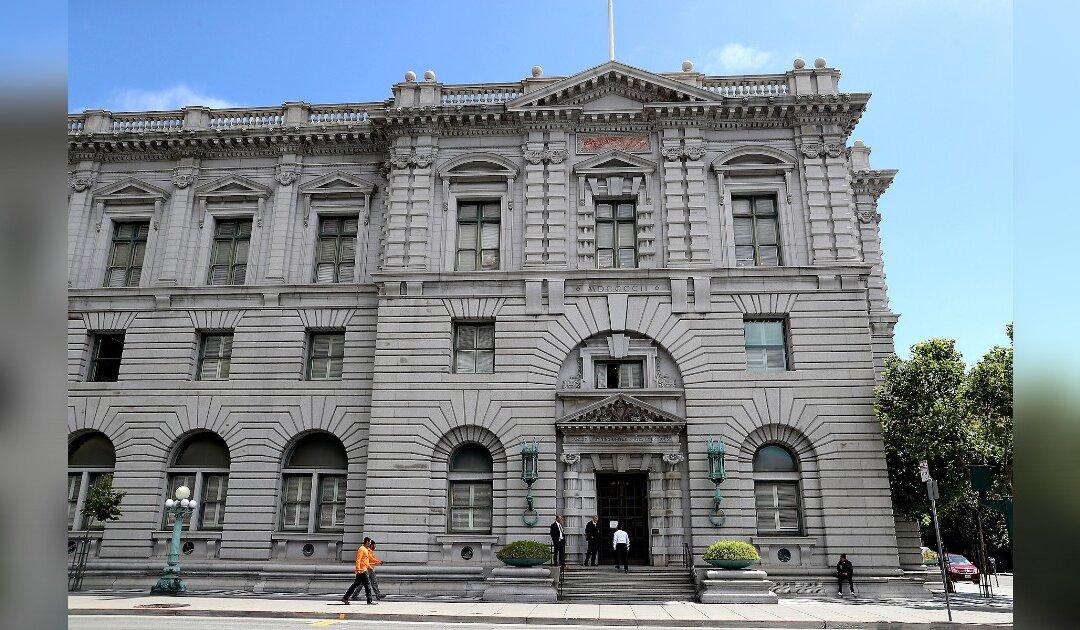A federal judge in Oregon ruled Aug. 7 that the Trump administration isn’t allowed to withhold millions of dollars in law enforcement grants from the state in an effort to make it comply with federal immigration enforcement officials.
In late 2018, Oregon and the city of Portland, which are located within the territory of the often-reversed 9th Circuit Court of Appeals, sued the U.S. government after the Department of Justice withheld grants under the Edward Byrne Memorial Justice Assistance Grant (JAG) Program, after the administration began a campaign to pressure so-called sanctuary jurisdictions to cooperate with immigration law enforcement, a federal responsibility.





